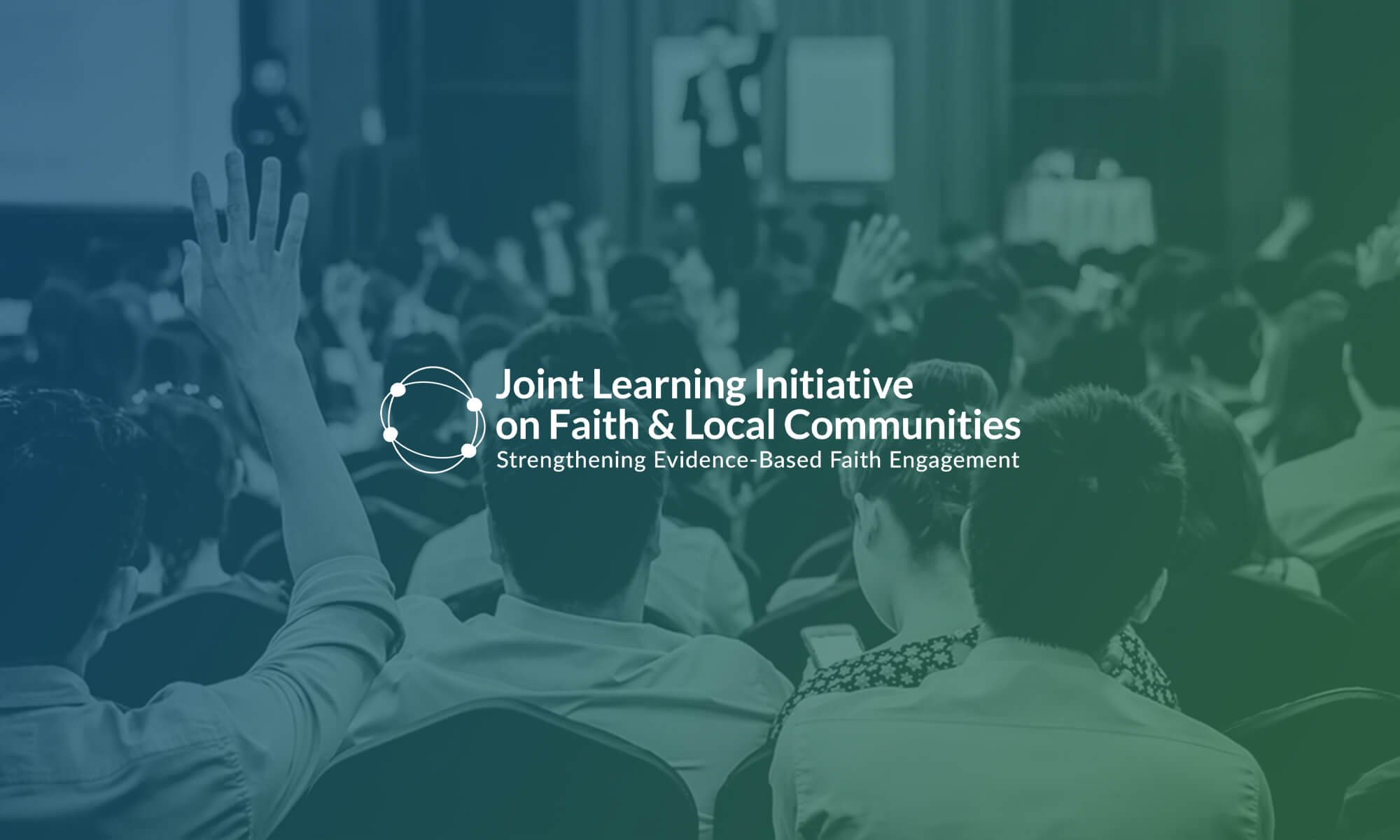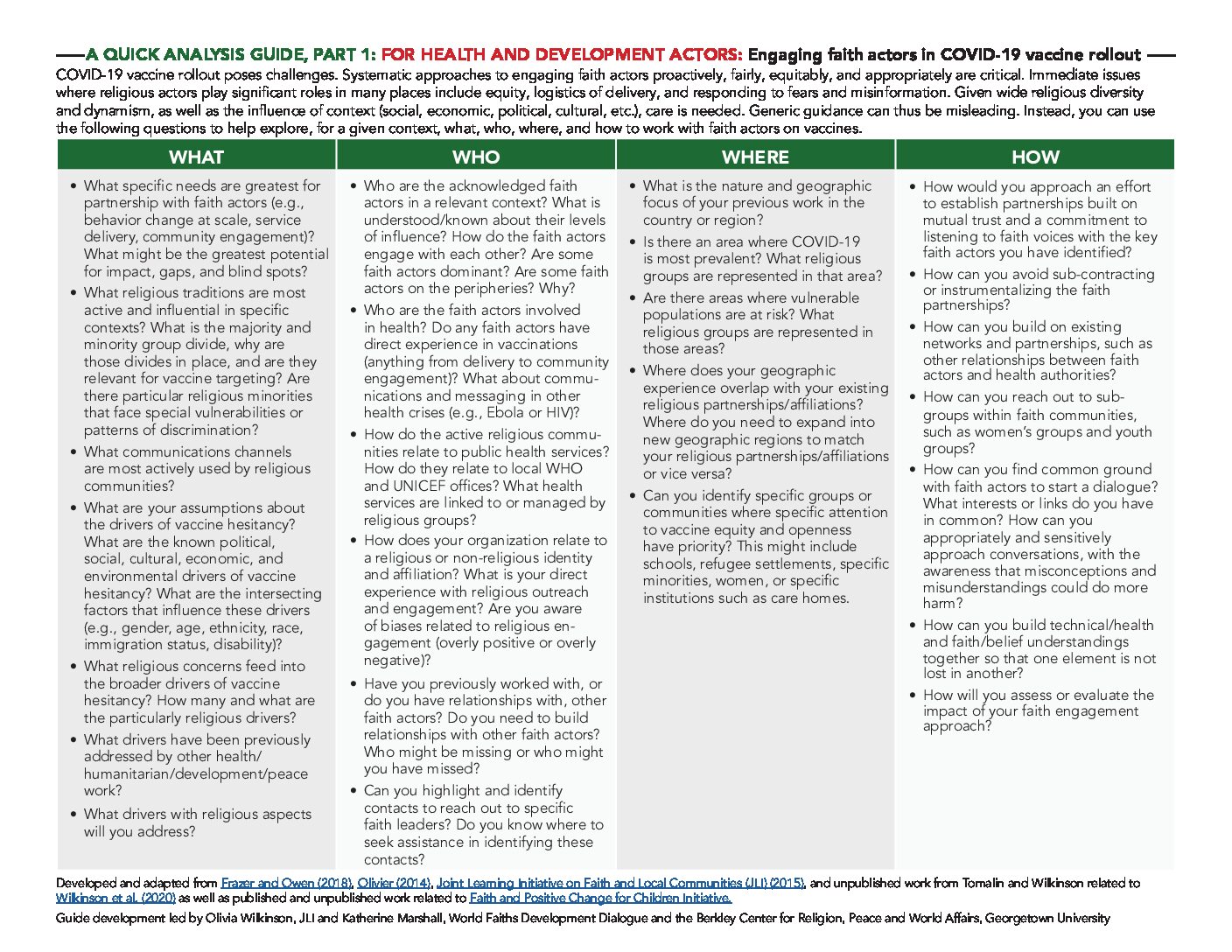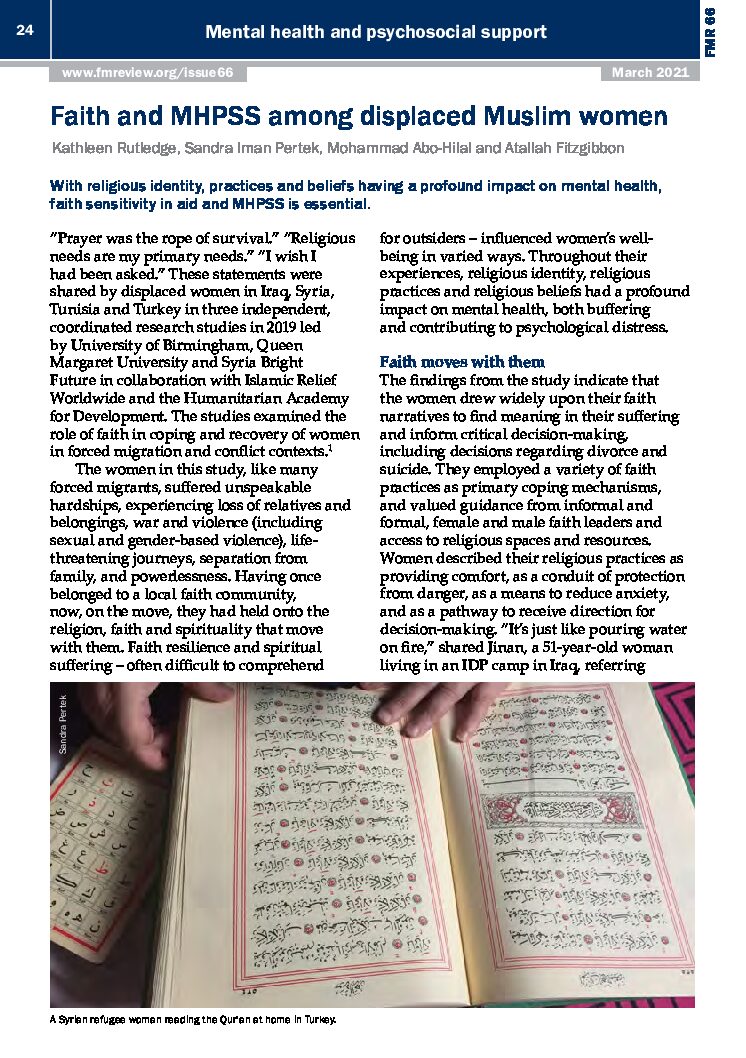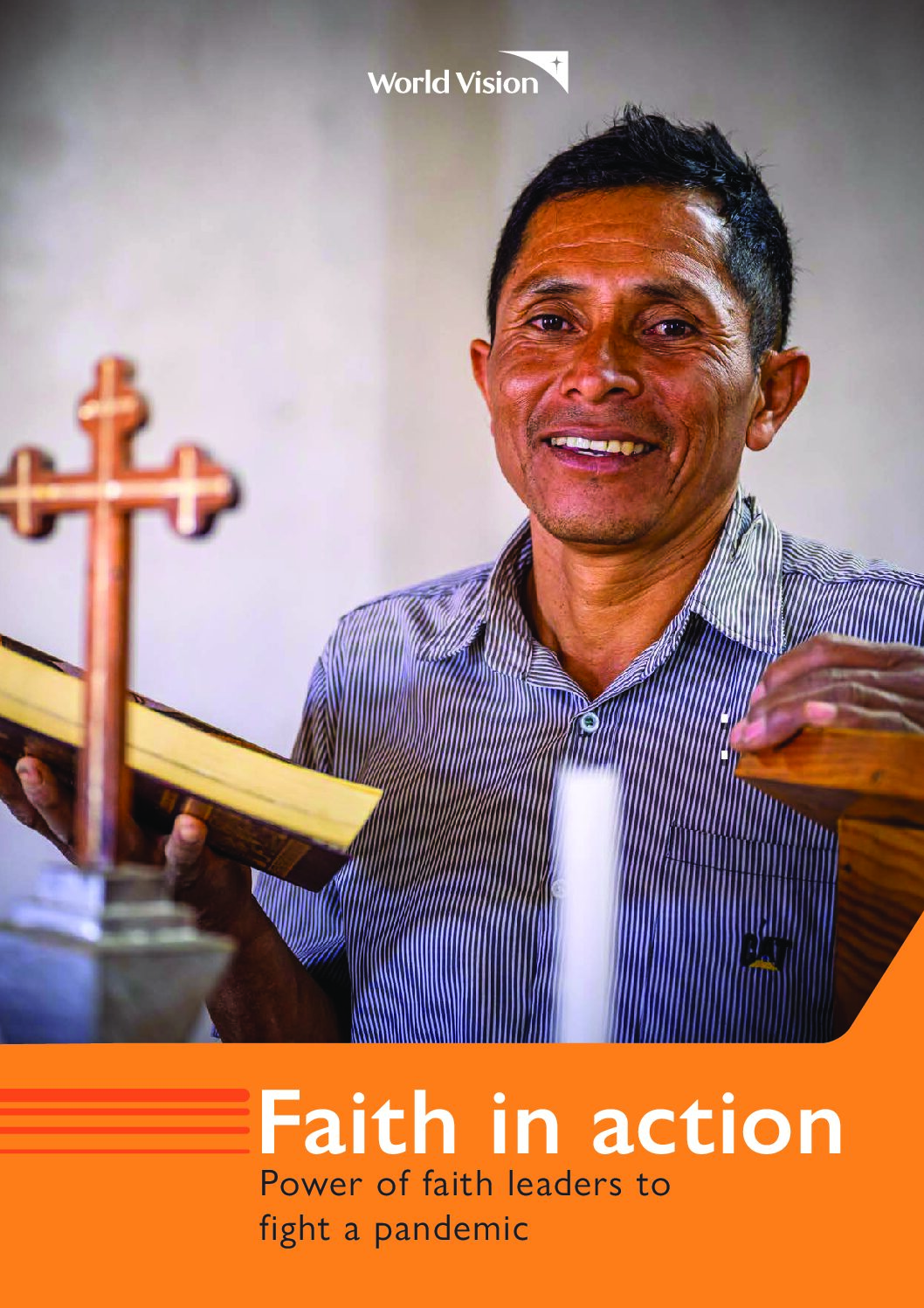Date/Time
Date(s) - 29/08/2018
11:00 am - 12:30 pm
Location
International Institute of Social Studies
Categories
Local humanitarian leadership and faith: humanitarian INGOs, local faith actors, and religious literacy by Tara Gingerich
Paper: Local Humanitarian Leadership and Religious Literacy by Diane Moore
Paper: Sustainable Capacity Building for Faith Communities during Emergencies by Milton Amayun
Paper: Mainstreaming Local Faith Actors and Religious Literacy in the Formal Disaster Management Systems by Asif Sherazi
Submitted by Tara Gingerich
In theme Changing Actors, Views and Challenges from Below
As the humanitarian community increasingly embraces local humanitarian leadership, INGOs and other international actors look to increase and deepen their partnerships with local actors – but are secular international actors ready to do so with local faith actors, and are faith-inspired actors ready to do so with local faith actors of other faiths? Also, are local faith actors – which vary widely from churches and mosques to community groups to local humanitarian NGOs and which tend to focus more broadly on serving as social safety nets in communities – interested in becoming a more formal part of the humanitarian community with greater leadership over humanitarian action in their communities? Are they interested in partnering with secular humanitarian INGOs and faith-inspired INGOs of other faiths?
Informed by the perspective of both researchers and practitioners, this panel will explore the potential benefits and risks of greater strategic partnerships between these groups and of local faith actors taking on a greater role in terms of local humanitarian leadership. We often hear about the constructive role that local faith leaders played in the Ebola response, but we will look for additional concrete examples where such engagement has worked well and not as successfully. The panel will also consider the question of religious literacy: what do humanitarian INGOs (secular and faith-inspired) need to do differently or better to more effectively navigate their engagement with local faith actors? In exploring all of these questions, we will think broadly about religion and faith (i.e., beyond the “big” faiths).




